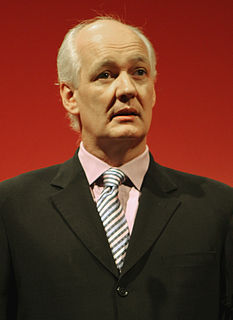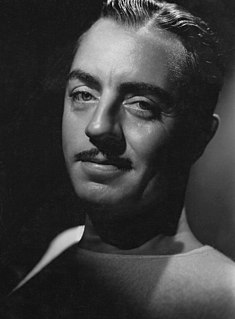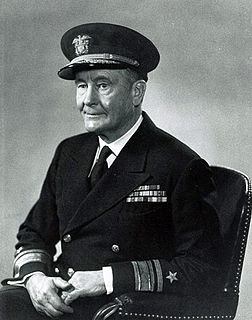A Quote by Colin Mochrie
What if hamsters fought in the American Revolution?
Quote Topics
Related Quotes
But what do we mean by the American Revolution? Do we mean the American war? The Revolution was effected before the war commenced. The Revolution was in the minds and hearts of the people; a change in their religious sentiments, of their duties and obligations ... This radical change in the principles, opinions, sentiments, and affections of the people was the real American Revolution.
In comparison to the French Revolution, the American Revolution has come to seem a parochial and rather dull event. This, despitethe fact that the American Revolution was successful--realizing the purposes of the revolutionaries and establishing a durable political regime--while the French Revolution was a resounding failure, devouring its own children and leading to an imperial despotism, followed by an eventual restoration of the monarchy.
I think that most people don't think in terms of an American revolution, they think in terms of a Russian revolution, or even a Ukrainian revolution. But the idea of an American revolution does not occur to most people. And when I came down to the movement milieu seventy-five years ago, the black movement was just starting, and the war in Europe had brought into being the "Double V for Victory" [campaign]: the idea was that we ought to win democracy abroad with democracy at home. And that was the beginning of an American revolution, and most people don't recognize that.
A revolution is bloody, but America is in a unique position. She's the only country in history in a position actually to become involved in a bloodless revolution. The Russian revolution was bloody, Chinese revolution was bloody, French revolution was bloody, Cuban revolution was bloody, and there was nothing more bloody then the American Revolution. But today this country can become involved in a revolution that won't take bloodshed. All she's got to do is give the black man in this country everything that's due him, everything.
Make no mistake; the American Revolution was not fought to obtain freedom, but to preserve the liberties that Americans already had as colonials. Independence was no conscious goal, secretly nurtured in cellar or jungle by bearded conspirators, but a reluctant last resort, to preserve "life, liberty and the pursuit of happiness."
We've seen the transformation of America, when at the pinnacle of its Christianity was probably in the 1950s. Ever since then it has been declining, why? Because of the sexual revolution. Where did the sexual revolution come from? The sexual revolution came from the activists of the American gay movement.




































